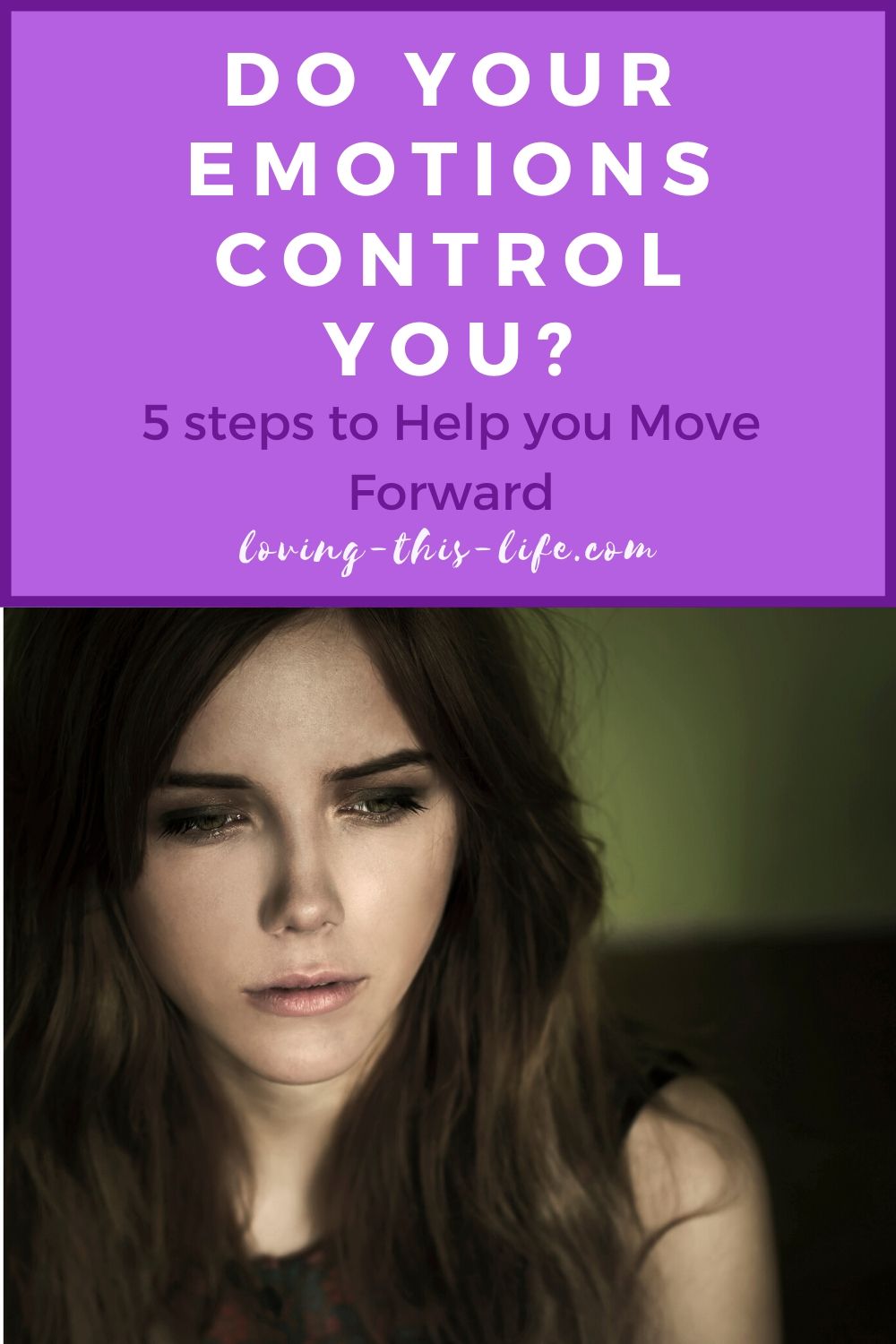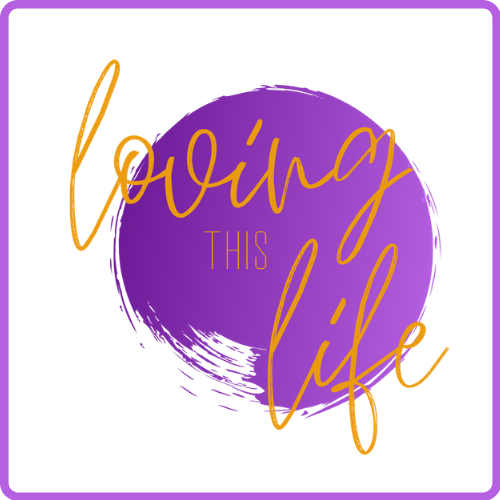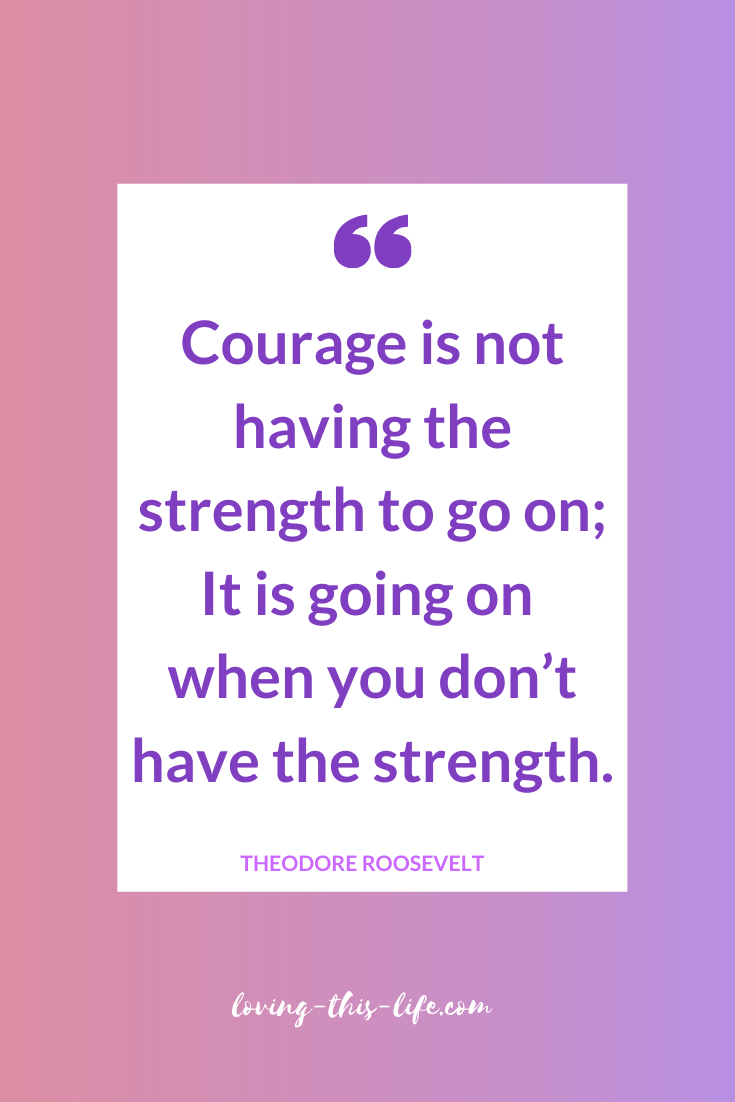
DO YOUR EMOTIONS CONTROL YOU? Here are 5 steps to help you move forward…
Do you have days that don’t go to plan because your emotions take over and lead you in another direction?
Are there days slip away in a haze of feelings?
Do you feel helpless to do anything about your emotions?
We all have days where nothing goes to plan:
-
We start working on something but get lost on the way.
-
Being uncertain about how to move forward, emotions take control.
-
Messages from the past start to flow through our mind – “you’re hopeless, you can’t do this”, “you’ll always be stuck right where you are”.
-
We are well and truly “stuck” in the quicksand of our feelings.
Does any of the above ring true for you? It may not be every day, but it happens more than you would like.
Looking back, I can see many, many days that were hi-jacked by my feelings. Some days I couldn’t see through the haze of emotion & felt powerless to know how to move forward. On other days, the feelings came and went but I was aware that they were still “bubbling away” under the surface There can be many reasons why this happens, and we are going to explore some of them here. But before we do, here is an important note and a couple of “do nots” to remember: If you feel depressed – if your feelings are mostly negative and they regularly overwhelm you, please seek help straight away. There are many phone counselling services you can call 24/7 (check online) – or see your Doctor asap. Do not wait. Seek help now.
DON’T: …always push your feelings down, plant a smile on your face and go on – every day. To be honest, there will be days that we need to do this – to push through in spite of the emotions. The reason I say not to do this all the time, is that at some point the feelings will build up and up and up until they “explode” out of you! It isn’t pretty when this happens! It sounds overly dramatic, but it happens if we don’t understand our emotions. We may yell at someone who has done nothing wrong! Or we may start crying in the middle of a meeting / class for no obvious reason.
Someone once described it to me in this way – imagine a rubbish bin. You are stuffing your emotions in the bin “to deal with another time” or just to get rid of them. If you keep on doing this, without seeking any help the bin gets to the point that the rubbish just keeps on pouring out of the top because there is too much stuffed into it. We need to seek help to work through what the emotions are about and what they are telling us. It is nothing to be ashamed of. We all need help at some time through our lives. While occasionally, we do need to push through the emotions, it is not healthy for this to become a lifestyle. Seek help from a Counsellor, Doctor, or good friend who you know listens well, etc. Any of these can help you to name the emotions and work out how to deal with them.
DON’T … ignore your feelings. On the surface, this may look the same as point 1 – stuffing down our emotions. But this one can be even worse. We don’t even acknowledge the existence of our emotions. We just straight out ignore them.
At least when we stuff our emotions down, we are dealing with them – even if it is unhealthy! When you ignore your feelings, you’re not even owning that they exist in the first place. You just turn your back on what’s going on internally for you.
There can be numerous reasons why people ignore their emotions:

- We can be afraid of the intensity of our feelings and feel safer to ignore them.
- We don’t know how to deal with them.
- Maybe we don’t have the time or energy to work out our feelings. Life is too full of other things to deal with.
You can probably think of a few more reasons why you find yourself doing this.
We are body, soul, and spirit. Our feelings can and do tell us about ourselves, and, at some point we are going to have to acknowledge and understand them. If we don’t do this, then it will affect our lives.
Being someone who lives with fibromyalgia, I have many days that are affected by physical limitations – aching limbs, fatigue or brain fog are the main culprits. These bring their own challenges.
But they also bring a range of feelings that I face each day.
- Frustration
- Sadness
- Apathy
- Anger
- … just to name a few.
Here are five things that I find helpful to manage my feelings each day and move forward in my life:
- At the start of each day try and acknowledge “what is on top” – i.e. to name any feelings and what thoughts might be going around and around in my head.
Journaling has been a wonderful tool to help me to do this. Naming and owning my thoughts and feelings; and just getting them out of my head and on to paper is invaluable to me.
I have a mini-training to get you started on Journaling that is available for free until the end of June (after that it’s $9USD). If you are interested just press the following link: https://loving-this-life.teachable.com/p/journaling
- Try to have a clear plan of how to start your day. Waking up and facing the day is often the hardest time for me. Lots of feelings and thoughts seem to crowd in on me at this time. So, the night before, or even at the beginning of each week, I map out what I am going to do at the start of each day.
This needs to have noticeably clear steps for me to follow.
- Get up
- Shower
- Make Coffee
- Read and journal
- Start the list for today.
- etc.
The first one is always the hardest! Just get started! Move. Get out of bed. Once I do this, I tend to roll through the next few steps.
Instead of having my day hijacked, I can focus on the next step I need to take and the more I do this, the more I feel like I have accomplished something, which is very satisfying!
- Regularly catch up with a Counsellor or someone you trust and can talk to. I cannot stress enough how helpful it is to have someone I can make an appointment with, who isn’t a part of my circle of friends, etc, that I can work through what is happening in my life.
It can take a couple of tries to find the right person, but it is worth the effort. Life is difficult and, at times, asks a lot from us. We need to have a safe person that we know will listen and help us to work through how to keep moving forward, or even tell us when we need to stop and rest.
- Take a day off. I can get into such a rhythm with the first two steps, that I just keep on working, or keep busy, because that is the easiest thing to do.
But I cannot stress how important it is to have a day off, where I don’t expect as much of myself.
To be honest, often I still have the first few steps of my day off planned out because I have learned I need to do this so that my feelings don’t control the day. But it is different to the normal start of my day. It looks like this:
- Get up and make a cup of coffee
- Go back to bed and read or listen to a podcast
- Get up whenever I feel like & get dressed, etc.
- Do some fun things that I’ve planned – which may include
- Watching a movie, or tv show (I try and decide what to watch before my day off – or I spend the day trying to find something!)
- Reading – usually a latest fiction novel
- Going for a walk
- Going out for a coffee
- Catching up with a friend
- Trying a new activity, craft, etc.
All and any of these things help me to relax.
- Own the emotion. There are still days when feelings rise and need to be managed. If I have been living as I’ve stated above, then they don’t seem to be as intense or overwhelming.
I have had to learn over the past years to do the following when emotions rise:
- Name and acknowledge what it is. This can be harder than it sounds at times. Am I angry, annoyed, frustrated, hurt, etc.? Do your best to name it and to acknowledge that this is how you are feeling at present.
- Think about what you need to do with the emotion. This may sound strange to some. You may ask – what can I do about what I am feeling? Well, if you are caring for yourself and regularly care for yourself by managing your feeling as outlined above, it is easier to say something like the following to yourself:
“I’m feeling ……. I am okay. I am aware that …. this happened that probably triggered the feeling – or I don’t know what triggered it. But I know I’m okay and I can choose how I respond to the feelings.”
Now obviously, if you are not okay, you need to do something about it as soon as you can. (i.e. ask for help.)”
“As a result, I’m going to do ………..” Name the next step or two you are going to take. This may be to call your counsellor; or, tell yourself that while you can’t think about it right now, you will spend time later in the day to work out what the feelings are about; or give yourself some time straight away to work through it and then move on a step at a time.
It’s time to take responsibility for your emotions and how they are impacting your life. Where will you begin?








